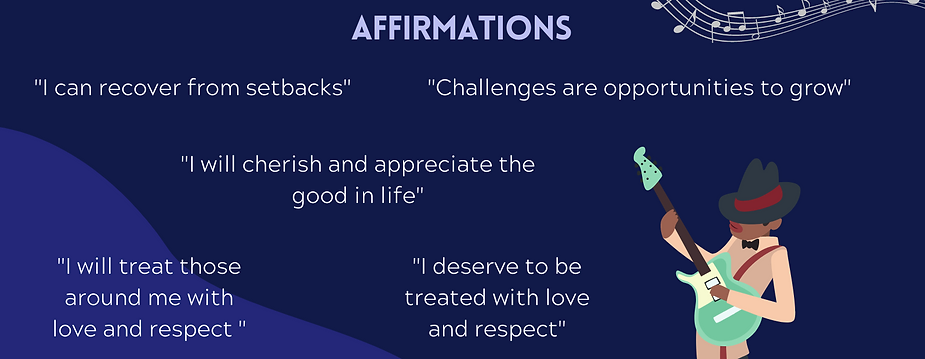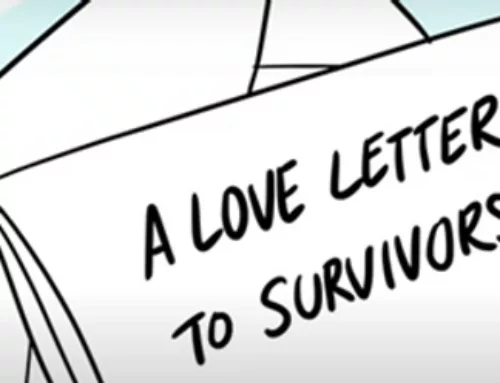Welcome to Week 1 of our Summer Social Media Series
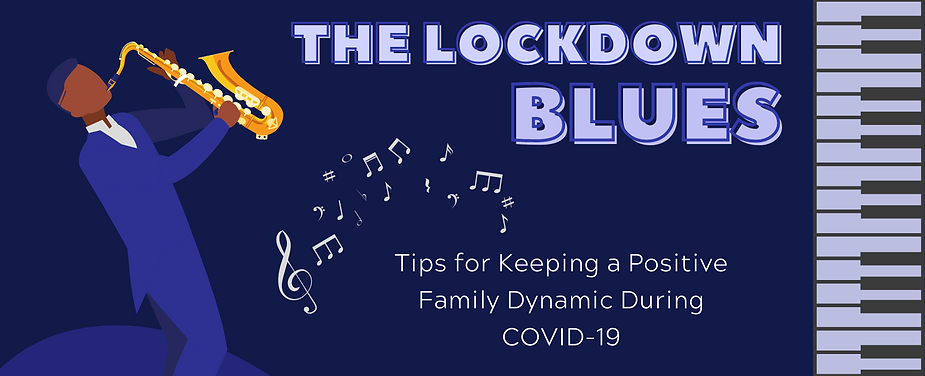
While the pandemic may be easing up on us all, we’ve learned some valuable lessons about being cooped up at home. And while we may love the people we live with, we might not always like them very much when we have to be stuck together 24/7! The next 4 weeks, we’re talking about the lessons learned that you can put to good use when you find yourself confined in your home for more time than you’d like.
This first week, we talked about tips to keep your cool when you’ve been stuck at home with the same people for days, or weeks, or months on end.
While we hope you have all stayed safe and healthy throughout the pandemic, no one has been 100% immune to the side effects of quarantine life i.e. Getting frustrated with the people you’re in it with. According to recent surveys over the course of the pandemic, frustrations are higher in our homes and negative home interactions have increased. This is especially true for homes with parents and children. On the bright side, positive interactions have increased as well! Try out our tips for this week and see if how you engage with the people you live with could become a little healthier and happier.
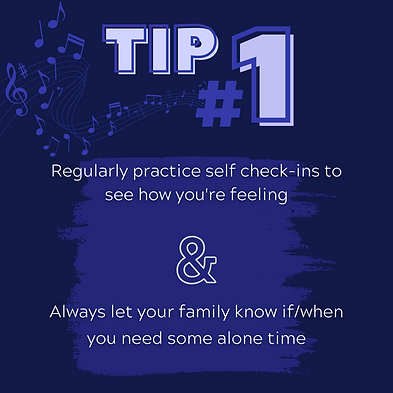
Alone time is essential to keeping your lid on when the conversation is getting heated. Beyond this, it’s better to let others know when you need to walk away and grab a breather. Storming off, while helpful for one person, may just increase frustrations for the other in the middle of an argument. Instead, try calmly letting the other person know that you need a break. It’s okay to walk away when you need to but let the other person know this so they know what you need. This is a healthy boundary that you can set in your relationships.
On top of this, you can practice regular self-check-ins to understand your feelings better, not just when you’re frustrated. Take note of how your body feels or what it’s doing when you are experiencing anger and might need to cool down. For example, your body may feel warmer and you could even be clenching your jaw or fists. When we’re mindful of our emotions, it becomes much easier to control them.
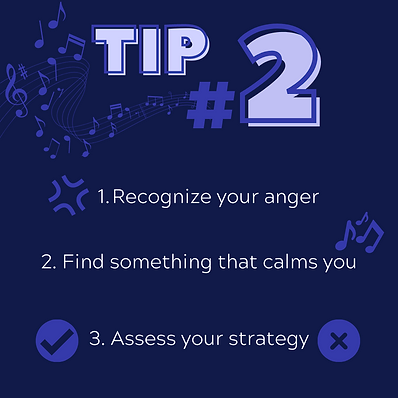
Our Day 2 tip is for anyone with a short fuse who needs to cool off before letting that anger hurt loved ones. It’s easy to blame our annoying siblings but it’s OUR anger and we should own it. Anger is completely natural and OK to feel just as long as we don’t hurt others, ourselves, or property–violent anger is never OK.
Our three-step process starts by you recognizing what that anger feels like when you’re experiencing it, what things do you do or say when this happens? Once you can recognize it, the next step is to know what you can do to cool off. Lastly, check to see if your process worked. If yes, then you’re good to go! If no, evaluate and try something new next time.
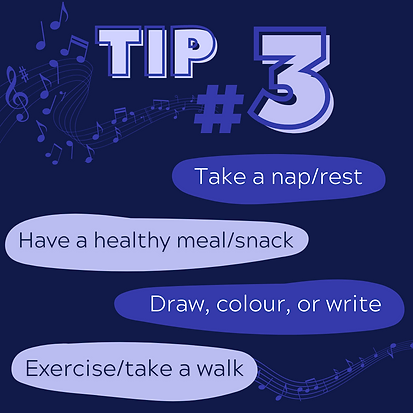
Feelings can be huge and overwhelming which is why we wanted to share our favourite healthy coping techniques. But first, what is healthy vs. unhealthy coping? Healthy coping does less harm to you, the situation, and others by channeling your feelings towards something positive instead of having them blow up in your face. Coping isn’t about AVOIDING natural feelings, but rather DIRECTING that energy towards something that builds you up, rather than tearing you or others down.
Our top 4 healthy coping activities include: Taking a nap/rest, having a proper meal/snack, drawing/ coloring/writing, & exercising/taking a walk. If one doesn’t work, try a different activity next time! You could also try this 5 star breathing exercise that you can do just about
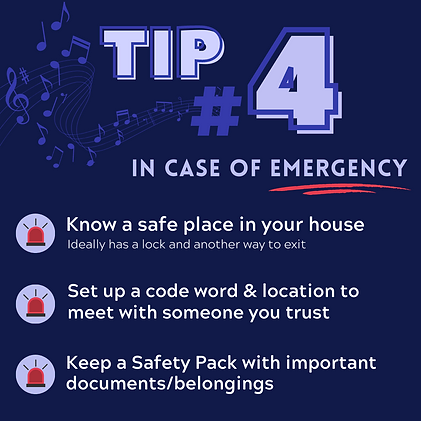
If you don’t feel safe at home because of a serious risk that you can’t get away from as easily as going to school, you need a safety plan. Being prepared for an emergency is the best way to keep yourself safe. Our friends at Kids Help Phone have a great digital safety plan, but here are our top 3 safety tips:
- Know a safe place in your house (ideally with a lock and another way to exit)
- Set up a code word & location to meet with someone you trust
- Keep a safety pack with your important documents and belongings in a hidden place that can be easily accessed in an emergency situation.
Our last pro tip of the week is to always remember to be kind to yourself by saying things you may need to hear. Here are our favourite affirmations!
